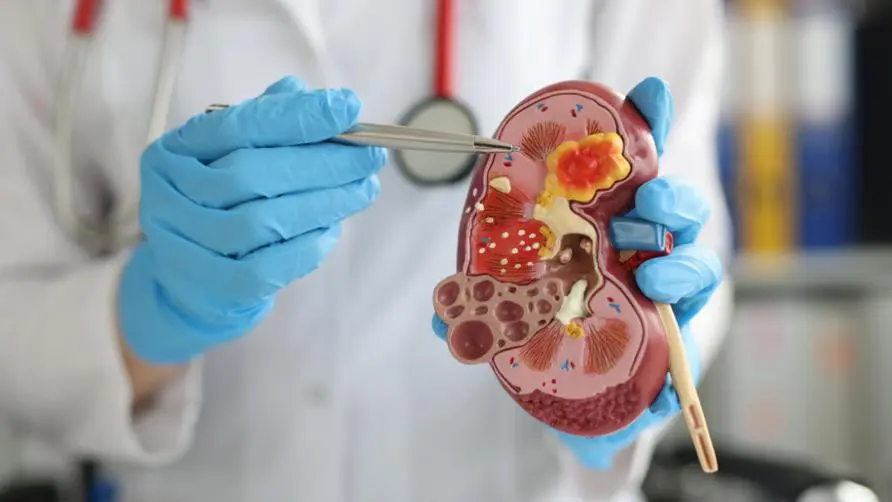Eating red meat can lead to heart disease, but cholesterol isn't the only reason! Research: Related to intestinal "metabolites"

Does eating red meat increase heart disease not just because of cholesterol?
Eating meat increases the risk of cardiovascular disease, not just because of cholesterol? A study jointly released by the Cleveland Clinic and Tufts University points out that cholesterol has been previously considered the main cause of cardiovascular risks, including atherosclerotic cardiovascular disease (ASCVD), but it cannot be measured. To provide a comprehensive explanation for the occurrence of cardiovascular disease, this study pointed out that the metabolites produced by the intestines during the digestion of meat food may be important to cardiovascular disease.
The research team collected data from 4,000 adults over the age of 65 and found that consuming unprocessed red meat and red meat-related animal foods increases the risk of heart disease. Unprocessed red meat, in particular, was linked to a 15% risk of heart disease at 1.1 servings per day. On the contrary, people whose diet mainly consists of poultry (chickens, ducks), eggs, and fish do not show the same phenomenon.
Digestion of red meat produces trimethylamine oxide linked to cardiovascular disease
The study found that about 8% to 11% of the risk associated with red meat intake and heart disease is due to the intermediate metabolite “Trimethylamine-N-oxide” produced by intestinal bacteria in digesting meat. , TMAO) process. The carnitine and choline in red meat are used by intestinal bacteria and metabolized into smelly trimethylamine (TMA), which then enters the liver through the hepatic portal vein and is oxidized to produce trimethylamine oxide and enters the blood circulation.
In recent years, many scientific studies have pointed out that the concentration of trimethylamine oxide in human blood is an important biomarker that increases the risk of cardiovascular disease and is also an important cause of myocardial infarction. Trimethylamine oxide will promote the accumulation of macrophages in the blood vessel wall, inhibit cholesterol recycling, and enhance platelet aggregation activity, thereby causing atherosclerosis and thrombus formation.
Studies have pointed out that intestinal bacteria metabolize L-carnitine to produce trimethylamine oxide, and L-carnitine is abundant in red meat and is also found in energy drinks and nutritional supplements. Co-author Zeneng Wang believes that trimethylamine oxide should be regarded as a potential preventive indicator of heart disease. Some patients do not have high blood pressure and high cholesterol, but may have high concentrations of trimethylamine oxide in the blood.
In addition, the study also found that higher levels of trimethylamine oxide in the body are positively correlated with diabetes, which is a clear risk factor for heart disease.
Eating red meat for one month can increase trimethylamine oxide by up to ten times
A report from the European Primary Care Cardiovascular Society points out that after a month of continuous intake of a red meat-based diet, the trimethylamine oxide in the blood of most subjects will increase by about three times, and even in some people The increase was more than 10 times, and urine tests also found a significant increase in the concentration of trimethylamine oxide, which would also reduce the filtration ability of the renal glomerulus against trimethylamine oxide. It is worth noting that the content of full-fat and low-fat diets does not affect the concentration of trimethylamine oxide.
In general, the reason why the intake of red meat increases the amount of trimethylamine oxide in the body may be due to the proportion of red meat in the diet, the changes in the intestinal flora caused by digestion of carnitine, and the impact of filtration and metabolism of trimethylamine oxide on the kidneys. . In addition, studies have also observed that some probiotics are helpful in reducing trimethylamine oxide in the blood, and microflora transplantation may be one of the methods to help imbalance intestinal flora caused by a large intake of animal-based diets.
Source:
Red meat-based diet increases levels of TMAO, which is linked to atherogenesis
Further reading:





